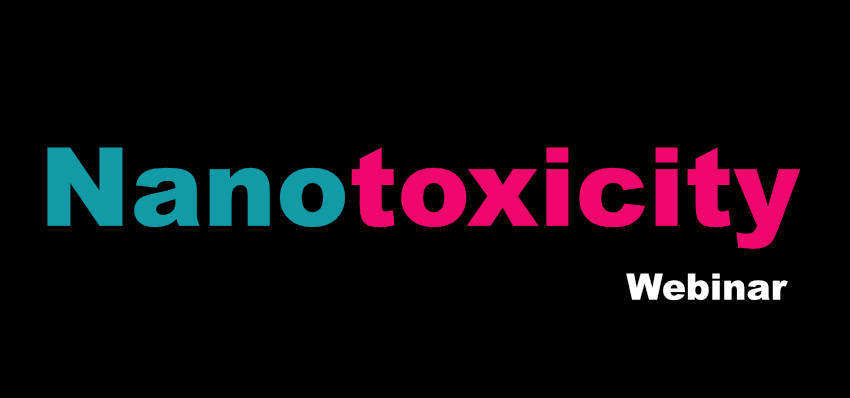On 15th March, 9:30 – 13:30 (CET), the webinar “Nanotoxicity”, hosted by Dr. Giovanni Bernardini from University of Insubria is taking place.
Register here: https://zoom.us/webinar/register/WN_4WhZ_j2zTHKQkCfZRz0S5w
It goes without saying that before implementing the various applications of nanoparticles, it is necessary to investigate their potential toxicological impacts and this is what we intend to do in this project where several metal nanoparticles with novel characteristics are synthetized. This task, however, is not so straightforward as it may appear. In fact, our current knowledge of the toxicology of nanomaterials is still poor and the existing evidences on the factors that affect uptake, translocation to other tissues, intracellular trafficking and nanotoxicity of metal-based NPs reveals more uncertainties than certainties. What it is taken for granted it is not always so scientifically sound. This workshop is to take stock of the situation by analyzing the status of the art of nanotoxicological research.
Agenda:
- Introduction to the webinar on NANOTOXICITY (Dr. Giovanni Bernardini, University of Insubria, Italy)
- HOTZYMES Overview (Coordinator Dr. Valeria Grazú, INMA-CSIC, Spain)
- Toxicity assessment of various metal/metal oxides nanoparticles using in vitro approaches (Dr. Bengt Fadeel, Karolinska Institute)
- The NanoInformaTIX platform: idea, methodology and development (Dr. Gianprieto Basei, Green Decision SRL)
- Understanding the interplay of engineered nanomaterials with immune system (Dr. Rosana Simon, University of Vigo, Spain)
- Discussion
- SHORT COFFEE BREAK
- Hydra vulgaris: an evolutionarily conserved model system (Dr. María Moros, INMA-CSIC, Spain)
- Interferences challenge the quality, efficacy, and safety assessment of nanomaterials (Dr. Ivana Vinković Vrček, IMROH, Croatia)
- Bio-interactions and mechanistic nanotoxicology at the crossbridge between safety and efficacy of new nano-antimicrobials (Dr. Paride Mantecca, University of Milano, Italy)
- An epigenetic approach for nanotoxicity (Dr. Giovanni Bernardini, University of Insubria, Italy)
- Discussion
- Final remarks

